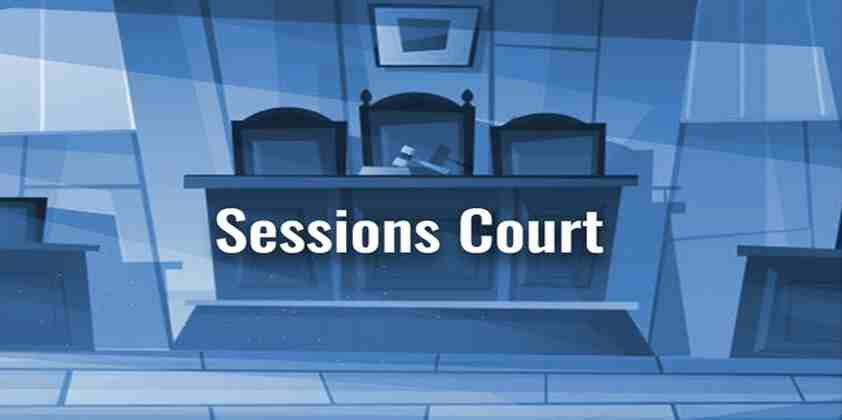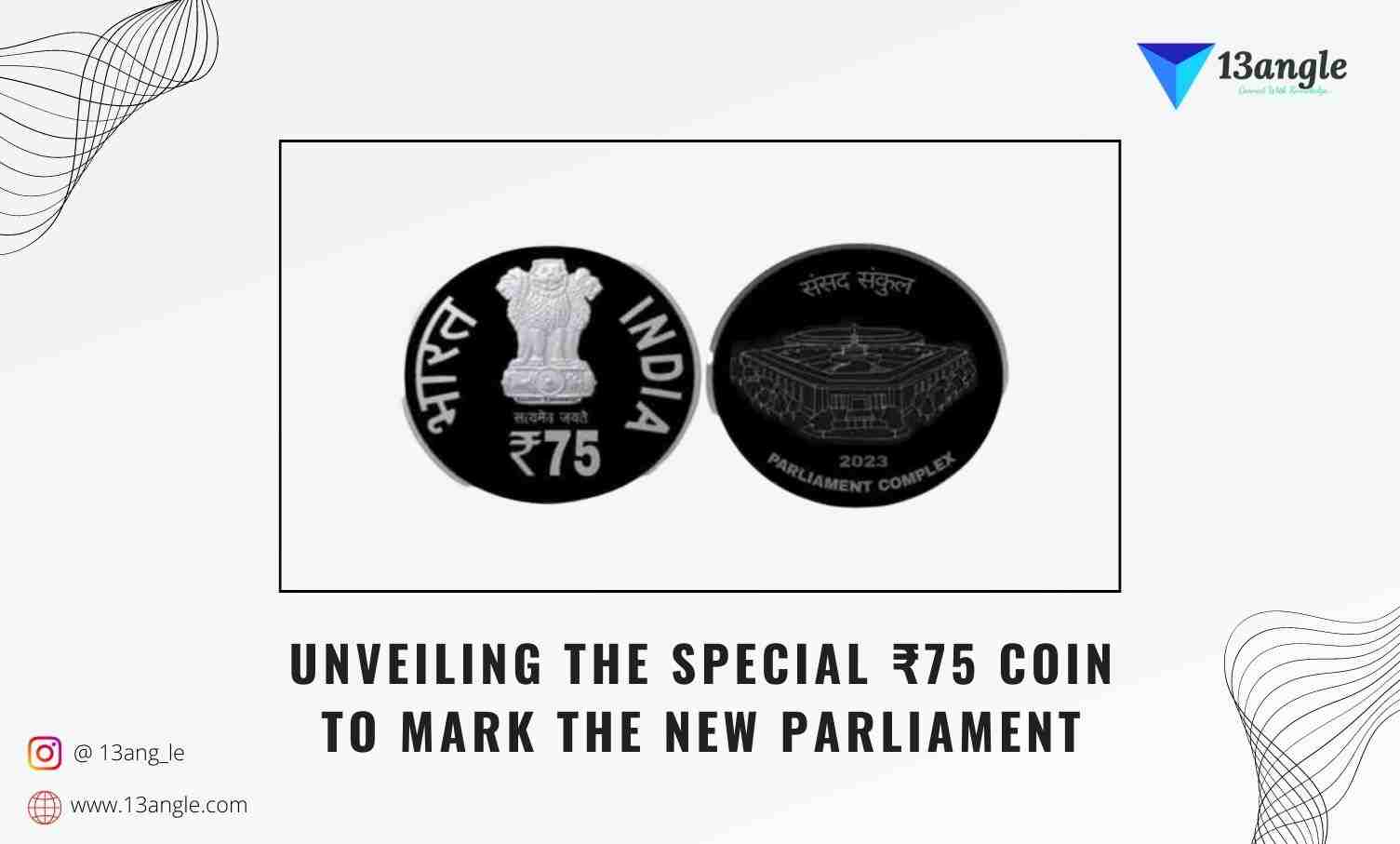
Introduction
In India, the Court of Sessions, often known as Sessions Court, has been formed by the state government for each session’s division and is presided over by a Sessions Court judge.
sessions In India, the Court of Sessions, often known as Sessions Court, has been formed by the state government for each session’s division and is presided over by a Sessions Court judge. The judge is appointed by the state’s High Court. Keep in mind that each division has just one Sessions Court at distinct locations. It also falls within the jurisdiction of a set number of judges. Sections 225–237 of the Code of Criminal Procedure govern the procedure in trials before a Court of Sessions. If the office of the Sessions Judge becomes empty, the High Court can decide for any urgent issue or application standing before the above-mentioned court to be dealt with by an Additional or Assistant Sessions Judge, or in their absence, by a Chief Judicial Magistrate (CMJ).
Difference Between The Civil Court And The Sessions Court

A Civil Court handles civil law matters, whereas a Sessions Court normally handles criminal trials. Can a Sessions Court impose the death penalty? The Sessions Court judge has the authority to do so under Section 366 I CrPC.
Refer to the recent Supreme Court decision in X versus State of Maharashtra (2019) 7 SCC. The decision reiterates the Supreme Court’s cautious stance, adding, “Under our criminal justice system, trial courts are treated with the greatest prejudice.” Sometimes appellate courts provide the trial court discretion to function. However, while awarding such an indulgence, the appellate court must use a “cautionary approach,” which must be limited and balanced.
Role Of A Sessions Court

- A trial before a Sessions judge begins when an accused pleads guilty or not guilty, and the judge then follows the procedure outlined in Section 231, Cr PC. The public prosecutor commences the case in a Sessions court by emphasizing the charges filed against the accused.
The Sessions Court judge can decide any of the following after hearing both parties’ submissions and evidence:
Whether to dismiss the accused if sufficient reasons are not established (section 277) or file charges if there is sufficient evidence to believe that the accused committed an offence that is exclusively triable by the sessions court (section 228 (1)(b)).
Read the charge to the accused, explain its implications, and record the accused’s plea in Sessions Court.
If the Sessions Court judge believes that the offense charged against the accused should not be prosecuted only in the Sessions Court, the relevant judge may transfer the case to the Chief Judicial Magistrate (CJM) in accordance with Section 228 (1). (a).

However, if the accused enters a guilty plea, the Sessions Court judge has the authority to convict him. Otherwise, a date for the prosecution’s evidence hearing might be set.
A Sessions Court judge can also force the presence of witnesses if the prosecution requests it at the evidentiary hearing. The material supplied by the prosecution alone is to be examined at the stage of drafting charges in a Sessions Court. The probative value cannot be discussed. [2010 Cr LJ (NOC) 435 (ALL) Narain Singh vs the State of UP]
Furthermore, rigorous scrutiny of evidence and material is not necessary when drafting accusations. Charges can be filed if there is strong suspicion against the accused. [2009 CrLJ (NOC) 871 (Bom) Satish Nanaji Dhote versus the State of Maharashtra.
Top 13 Interesting Facts About Sessions Court
The State Government establishes the Sessions Court which must be presided by a Judge appointed by the High Court.
The High Court appoints Additional as well as Assistant Sessions Judges.
The Court of Sessions ordinarily sits at such places or places as ordered by the High Court.
It comes within the purview of a specific number of judges. Sections 225 to 237 of The Code of Criminal Procedure deal with the procedure in trials before a Court of Sessions.
In case the office of the Sessions Judge is vacant, the High Court can make necessary arrangements for any urgent matter or application that is pending before the court mentioned above to be dealt with by an Additional or an Assistant Sessions Judge or in their absence, by a Chief Judicial Magistrate (CJM).
A trial before a Sessions judge begins after an accused pleads guilty or not guilty, and the judge, therefore, proceeds to follow the procedure as per section 231, Cr PC.
At the first hearing in a Sessions court, the public prosecutor opens the case by highlighting the charges framed against the accused.
If the Sessions Court judge feels that the offence that has been made out against the said accused is not exclusively to be tried in the Sessions Court, then the concerned judge can opt to transfer the case to the Chief Judicial Magistrate (CJM) as per section 228 (1)(a).
In case, however, the accused pleads guilty, then the Sessions Court judge can convict him. Otherwise, a date for the hearing of the prosecution’s evidence can be fixed.
Sessions Court judge can also compel the attendance of witnesses if the prosecution applies for it as part of the hearing of evidence.
At the stage of framing charges in a Sessions Court, the material that is produced by the prosecution alone is to be considered. The probative value cannot be gone into.
while framing charges, meticulous examination of evidence and material is not required.
Strong suspicion against the accused is sufficient ground to frame charges.






